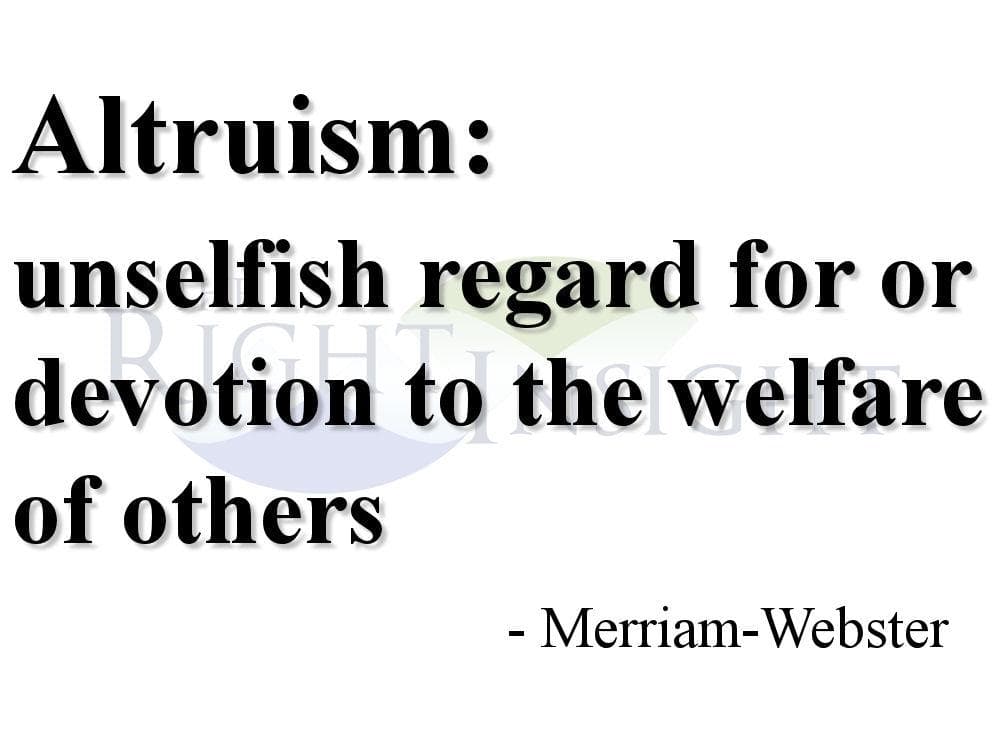Cognitive dissonance is a term for the state of discomfort felt when two or more modes of thought contradict each other. The clashing cognitions may include ideas, beliefs, or the knowledge that one has behaved in a certain way. Psychology Today
Altruism
1: unselfish regard for or devotion to the welfare of others
2: behavior by an animal that is not beneficial to or may be harmful to itself but that benefits others of its species
- Merriam-Webster
The issue of climate change is a major cause of cognitive dissonance among the populations of the developed nations. The UN and the governments of the developed nations have asserted that anthropogenic emissions of CO2 and other greenhouse gases have caused the earth to warm and sea levels to rise. They assert that the effects of these emissions represent an existential threat to the future of mankind and that the threat represents a crisis or constitutes an emergency. They have identified a global average temperature anomaly of 1.5°C as a level which should not be exceeded and have asserted that to avoid exceeding that temperature anomaly, global annual CO2 emissions must be reduced to Net Zero by 2050.
Polls indicate that the majority of the populations of the developed nations accept and support efforts to avoid the adverse effects of climate change projected by the UN and their national governments. These poll results are largely a function of human altruism. However, when the polls ask the members of these national populations how much they would be willing to spend to achieve the UN and national government net zero goals, acceptance of and support for these goals diminishes rapidly. The expenditures these populations are willing to make are trivial in comparison to the actual expenditures required to achieve the UN and national government goals.
This conflict between the intellectual willingness to support actions to limit climate change and the unwillingness to make the financial sacrifices required by that support results in cognitive dissonance. This dissonance has spawned passive and active resistance as the nature and magnitude of the sacrifices required has become obvious.
Increased energy prices, energy shortages, electric grid unreliability, mandates to replace fossil fueled devices such as boilers, water heaters, ranges, ovens, laundry dryers, etc. with electric devices, electric vehicle mandates and city travel restrictions and fees have increased citizen resistance to achieving emissions reduction goals. Proposals to reduce meat and dairy product consumption, to switch to vegetable protein-based meat analogs or to consume bugs as a source of protein have met with growing resistance and have increased dissonance.
National proposals to retire or expropriate productive agricultural land, to reduce meat animal and dairy herds, and to limit the use of synthetic fertilizers have led to farmer revolts because of the threat to their livelihoods, and to citizen resistance based on the anticipated increased food prices and reduced food availability.
People know they should be supportive of efforts to avoid the projected climate “crisis”, but:
Altruism dies when it costs.
